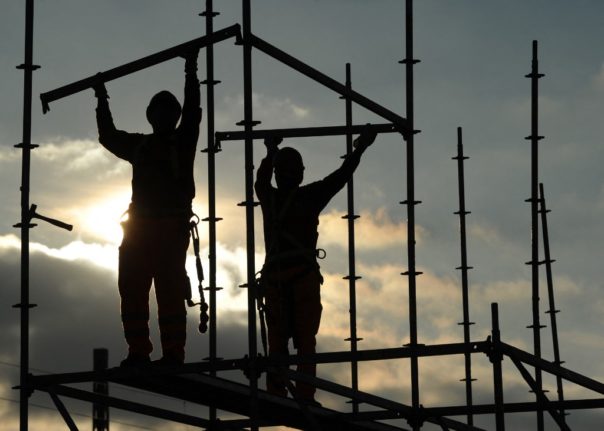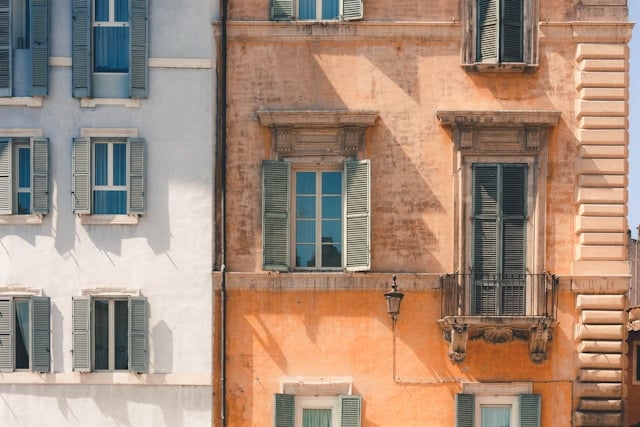Prime Minister Giorgia Meloni’s government held talks on Monday with business associations representing the construction sector over fears that sudden changes made to the building ‘superbonus’ scheme would close businesses and put thousands of people out of work.
The Italian government on Thursday pushed through a hastily-approved amendment to the superbonus scheme which closed off two of the three routes to claiming the funds, making it inaccessible to most people.
READ ALSO: How Italy has changed its building superbonus – again
The government said the change was needed due to a long-running credit transfer impasse that has been blocking the bonus claims process for over a year.
It also said the superbonus, which was introduced by a previous government more than two years ago, was too costly, susceptible to fraud, and had inflated the cost of building work.
But construction industry representatives said the sudden changes had been made with no warning and no indication of how ongoing projects would now be funded in order to keep businesses afloat.
“Nobody warned us. Yet we had been in daily contact with the Economy Ministry for some time to find a solution to the blocked credit issue,” Federica Brancaccio, president of national builders’ association Ance, told newspaper Il Messaggero.
“These impromptu changes to building bonuses, one every forty-five days, are useless. We need a structural, long-term proposal that the government deems sustainable,” she said.
Some 25,000 construction companies are now in danger of running out of liquidity and going bankrupt, she said.
Ministers said on Monday they’re now considering various options including using the government bank, Cassa Depositi e Prestiti, to fill gaps in financing that could see many construction firms facing bankruptcy, reported news agency Ansa.
READ ALSO: EXPLAINED: Has Italy’s ‘superbonus 110’ been scrapped?
Under the new rules, as of February 17th it’s no longer possible for homeowners to claim the rebate via a construction company and receive a discount on the final invoice (known as sconto in fattura), nor to sell tax credit to a bank in exchange for cash (cessione del credito) in order to access superbonus funds.
This leaves just one option: claiming the bonus in the form of tax deductions spread over four years (detrazione fiscale), an option which is only available to those who pay higher rates of income tax (Irpef).
This effectively means the superbonus is now only open to the highest-earning Italian taxpayers.
The latest move came after changes brought in at the end of 2022 drastically reduced the number of people who would be eligible to claim, and slashed the maximum rebate from 110 percent of the total cost of works to 90 percent.



 Please whitelist us to continue reading.
Please whitelist us to continue reading.
Member comments